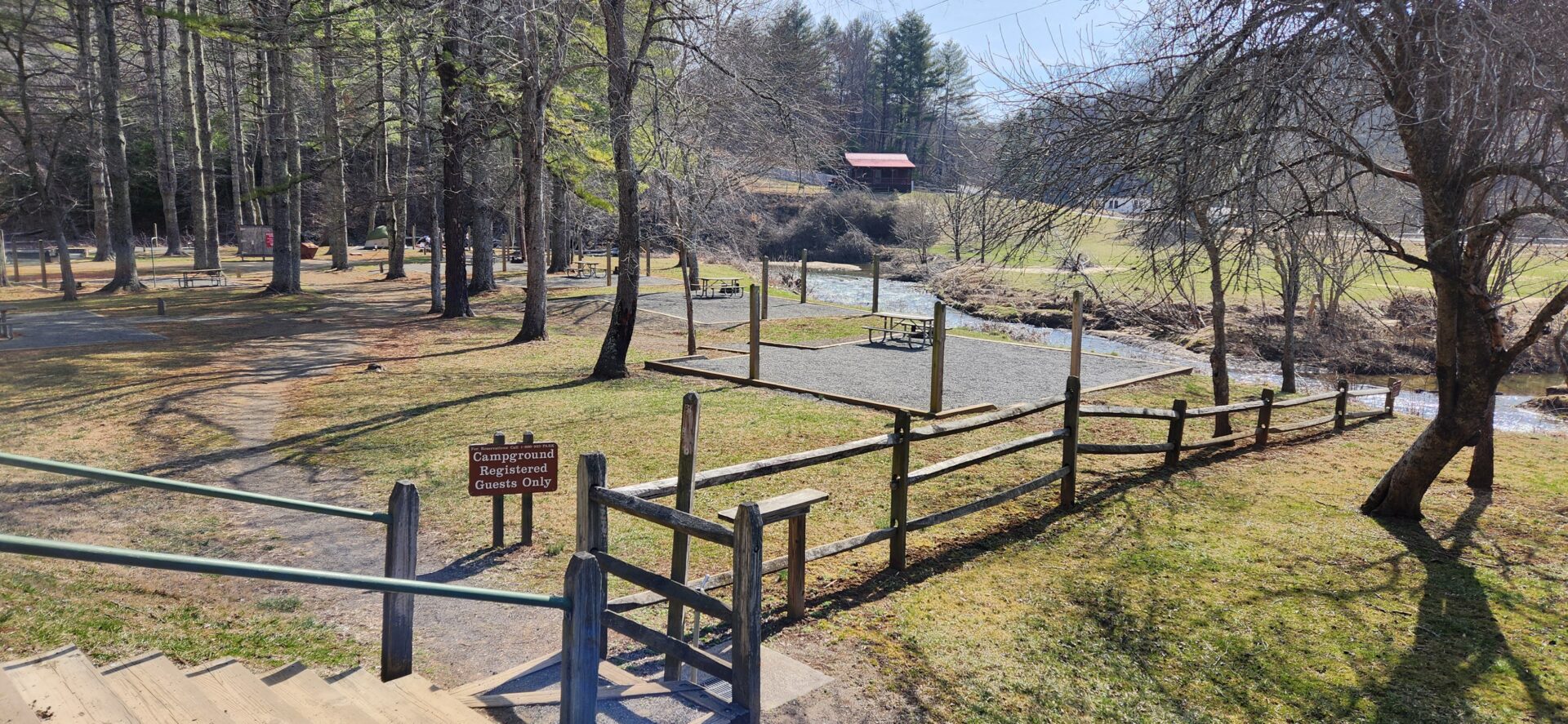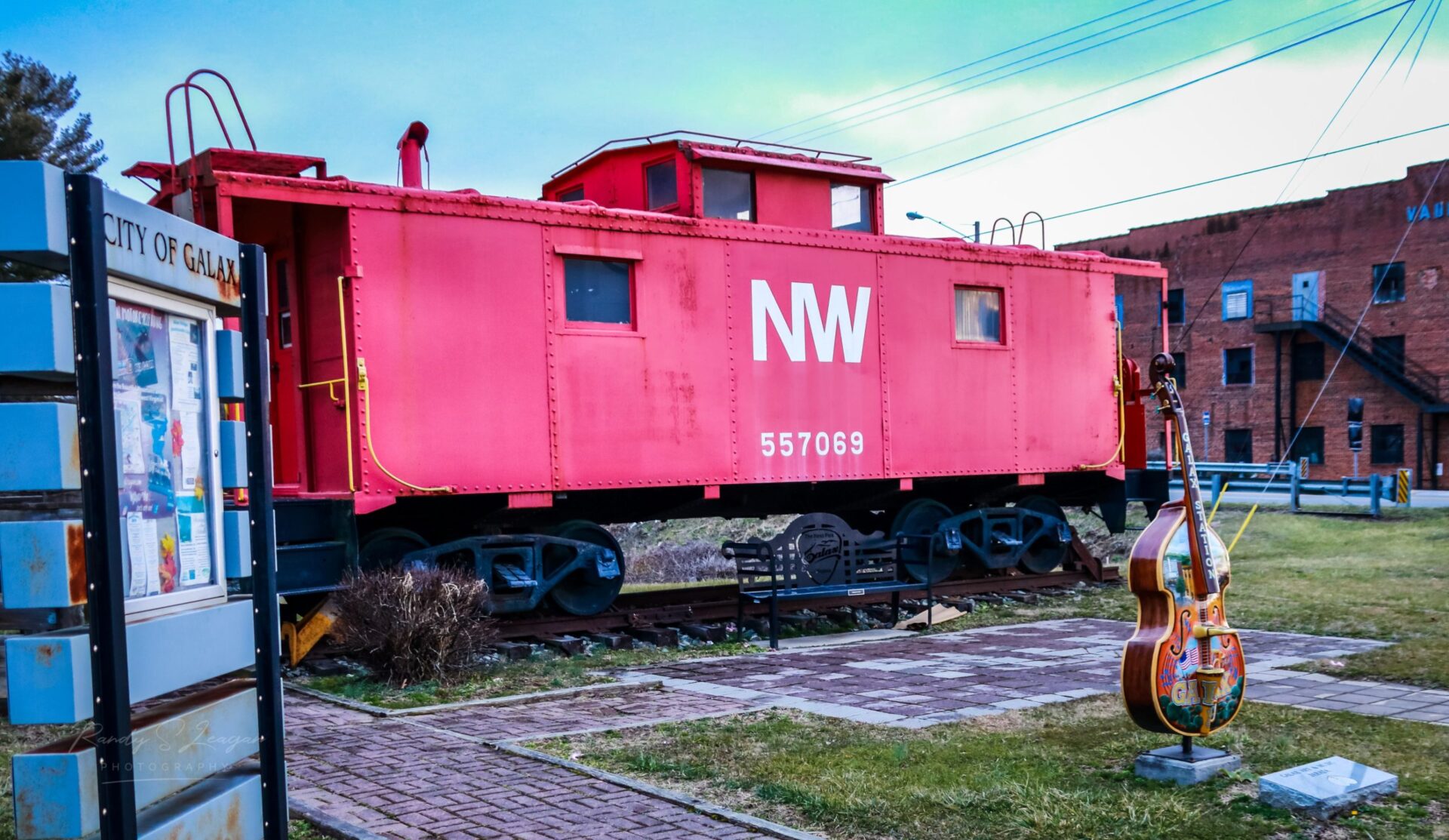


Galax and Vaughan-Bassett: One Town, One Company Part 2

Galax and Vaughan-Bassett: One Town, One Company Part 2

Read Part One of the Galax Furniture Story
Rumors move fast in a small town like Galax. When factory orders thin, people feel it at the diner before they see it on paper. For anyone following the Galax furniture story, the early 2000s came with a knot in the stomach and a question that wouldn’t go away: What happens next?
The Day the News Broke
The signs showed up in small ways at first. No more overtime. Quieter production lines. Fewer trucks loading. Then the rumors turned into facts. Managers called meetings. Layoffs. Plant closures. The words landed hard because they cut into the shape of daily life. Schedules that had stitched lives together for years went loose. People who had built a life around steady work didn’t know what their next move would be.
Galax felt the change on Main Street the same week the news broke. Lunch rush dropped. A shop stayed closed on a day that used to be busy. Layoffs spread to small businesses. Neighbors compared notes in the produce aisle and in the church parking lot. The town kept its balance, but the ground under it shifted. Everyone knew this was not a blip. It was the start of a different season.
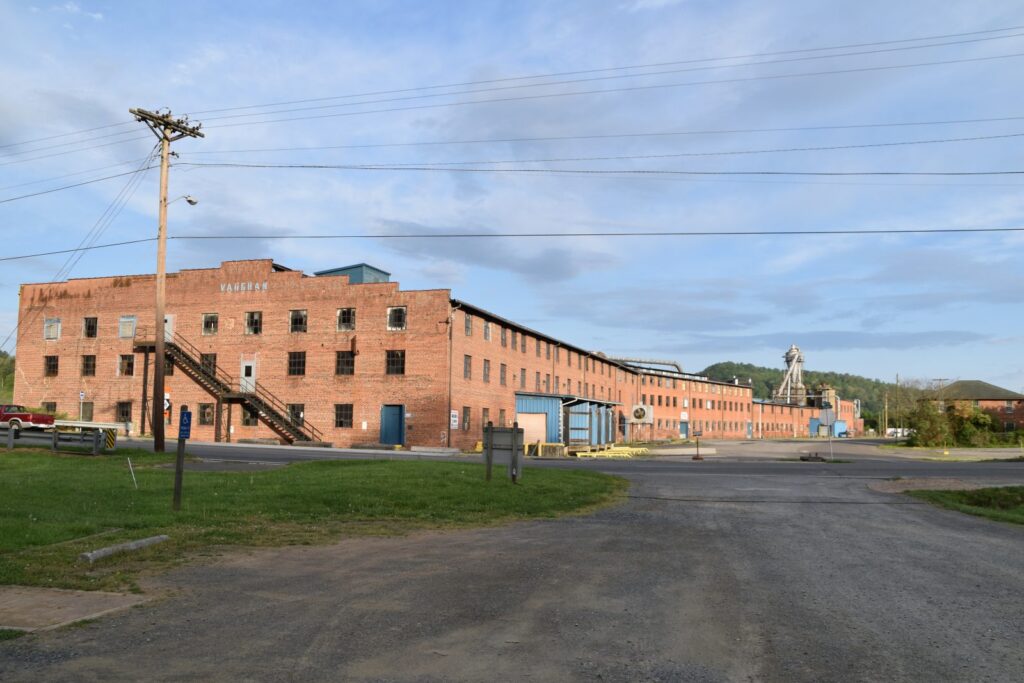
When Others Fell
Vaughan Furniture shut down its Galax plant and later closed completely. Webb Furniture Enterprises closed and sent hundreds of workers home. Those names had anchored paychecks for decades. Their absence left more than empty buildings; it left a kind of uncomfortable quiet.
Through it, Vaughan-Bassett stayed upright. That mattered. The Galax furniture story wouldn’t end with an entry in the history books. One plant still running can’t replace a network of factories, but it can keep a thread intact. Folks held their breath as they waited to see what the company would do next. Retreat would have been easy to justify. That’s not what happened.
Vaughan-Bassett’s Stand
The facts were clear: the Chinese were dumping furniture into the American market to drive American manufacturers out of business. And the Chinese plan was working. They had to be stopped.
The company chose to fight. It joined other U.S. manufacturers and challenged the flood of imported bedroom furniture that was being sold below its cost to produce.
The case took time. It took money. It took a willingness to challenge the political status quo and to prove their point. In 2005, the International Trade Commission (ITC) imposed anti-dumping duties on imports of wooden bedroom furniture from China. The U.S. manufacturing coalition had won. The playing field was leveled. Market pressures didn’t disappear, but Vaughn-Bassett was back in the game.
What that meant in Galax was simple: The plant had room to breathe. Orders could be priced to reflect real costs. Crews could plan for next week without having to wonder if they’d even have jobs. The victory also sent a message to the town: Vaughan-Bassett wasn’t going anywhere. It would stand its ground and stay in Galax.
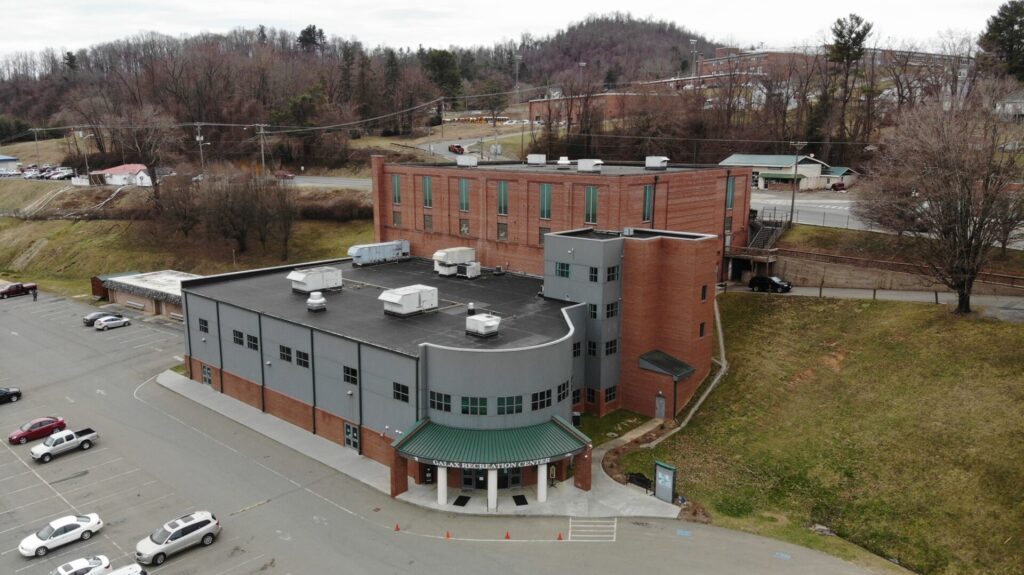
Reinvesting In Galax
The ITC win was only a start. Vaughan-Bassett turned that win into work you could see. It purchased the shuttered Webb plant and put millions into new equipment and upgrades. The lights came back on. Machines spun up. Training sessions paired seasoned hands with updated tools. The goal stayed the same: Solid-wood bedroom furniture that holds up in real homes. The path to that goal became more efficient.
Hundreds of jobs held. More came back. Families who had weighed a move against a mortgage found a reason to stay. The decision to keep production inside the city grid mattered, too. Many towns push industry to the edge, into parks near a bypass. Galax developed with factories woven into the blocks around Main Street. Vaughan-Bassett kept faith with that pattern. Employees still brushed past Main Street shop doors on their way to work. Paychecks still circulated within walking distance of the plant.
Investment showed up outside the factory, too. Property owners made repairs that they had delayed. A diner extended its hours. A storefront that had sat dark for months found a new tenant. These moves looked small on their own. Together, they pointed in one direction. Confidence returned.
Galax is proof that the choice to invest locally matters. When a company keeps production near homes and schools, it ties its success to the health of the community. Life in Galax is once again robust: Arts classes. Outdoor trails. Festivals return every year. Dedicated music venues. New businesses. Schools. Infrastructure. Population growth. Galax and Vaughn-Bassett show that a town with two legs—industry and community—can stand together to create a town that folks want to live, work, and play in.
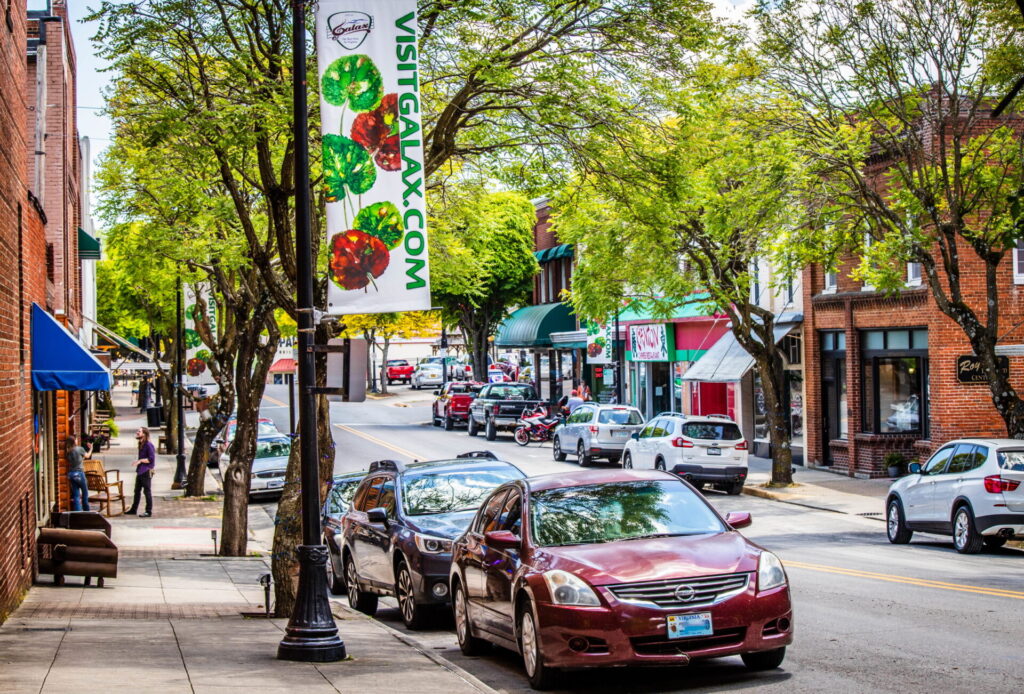
What It Means Today
Tourists might come for the Old Fiddlers Convention, the New River Trail, or a drive along the Blue Ridge Parkway. But they’ll also find themselves in a place where furniture is still made by hand with the same care that has carried through a hundred years. The Galax furniture story isn’t only about the past; it’s alive in the present.
Next time you drive through Galax, cruise along Meadow Street and Railroad Avenue, and take a good look at the Vaughn-Bassett factory. It’s the beating heart of Galax, and it carries the Galax furniture story forward.
Wayne Jordan is a Galax-based writer and storyteller. His Scots-Irish ancestors settled in the Blue Ridge Mountains in 1760, and he has deep roots there. The author of four books, Wayne is a retired Senior Editor for WorthPoint Corporation, a long-time columnist for Kovels Antique Trader Magazine, and a contributor to regional newspapers and travel publications. He blogs at BlueRidgeTales.com.






